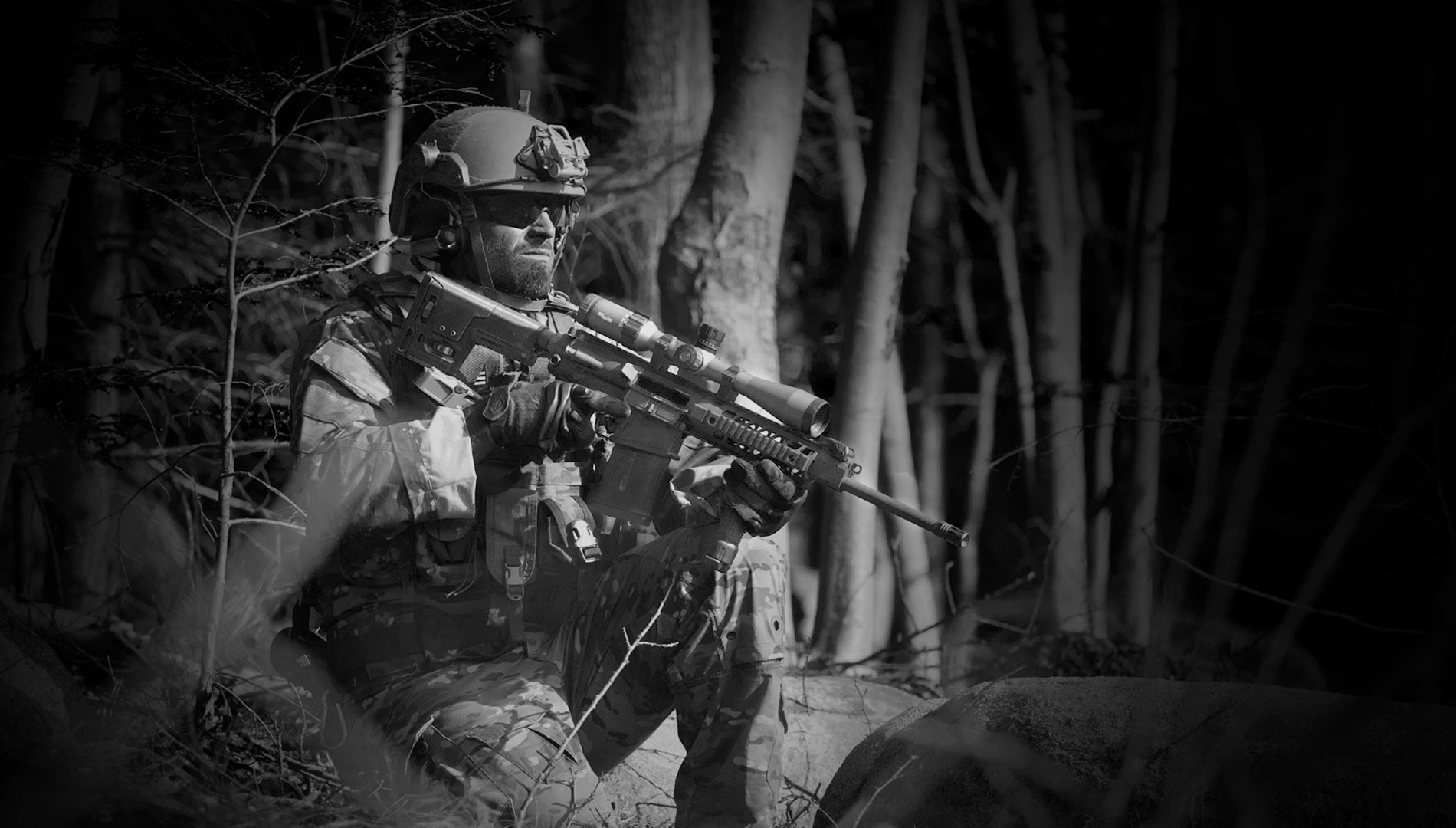How does your brain react to aggression? What mechanisms lead you to "let go" or rather to engage in confrontation? What is the weight of your culture (or your morals if you prefer) and your sociability? In two words, are you ready to give death or to take the risk of losing yours!
I propose here an excellent article (in two parts), written by an unknown author but whose sources and expertise are announced at the end of the document. I remind you that ALL the articles are freely downloadable, exploitable and transmissible. No need to deprive yourself, it's made for that !
I would also like to point out that the aggressor/aggressed pattern (as presented here) includes "basic" aggression as it is practiced every day in the city center - "give me your cell phone", "why are you looking at me."..AND direct confrontation between two armed, constituted, trained groups in an open conflict situation (two infantry units that would face each other)
This article (mainly) addresses the following points:
- The paramount importance of adding psychological preparation to technical preparation
- The different states of the human mind in face of an aggression
- The OODA decision cycle
- The advantage of the aggressor's decision-making cycle
- Space anticipation/awareness
- Why the mind defines your ability to survive
- Stress and its physiological consequences
- Post-traumatic stress
Obviously, the author tries to simplify a complex problem as much as possible, which involves your personal experience, your morals, your level of training and your daily environment. IT IS ESSENTIAL TO UNDERSTAND THAT no matter how well you are prepared, ONLY A REAL CONFRONTATION (which is not, by nature, desirable) will put you in a psychological state of intense stress (as some police officers or military personnel in operation may be). It is at this point that you will need to remember your training and knowledge. It will not be enough, but it is better than no preparation at all.

